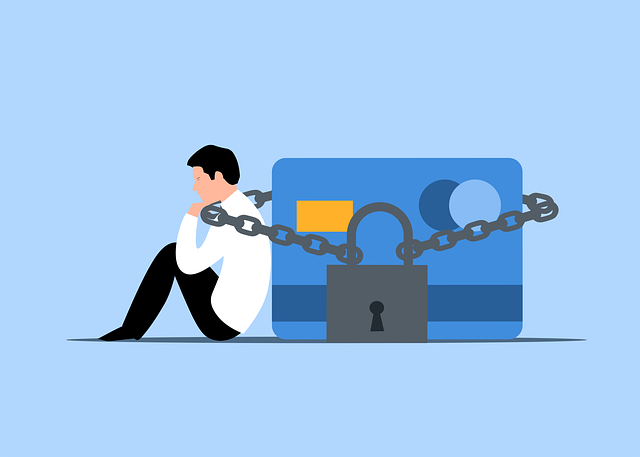Debt Consolidation Mortgages in the UK streamline debt management by combining multiple debts into one with a potentially lower interest rate, simplifying repayment with a single manageable payment. Secured loans like mortgages use assets as collateral, offering lower rates but risking asset loss if not repaid; unsecured loans lack collateral but carry higher rates due to increased risk. A balanced approach using both types can offer the best financial freedom and cost savings.
In today’s financial landscape, managing multiple debts can be a daunting task. Debt consolidation loans offer a potential solution, providing a single, more manageable repayment option. Whether you’re considering a secured or unsecured loan, or even a combination of both, understanding your options is crucial. This comprehensive guide explores debt consolidation mortgages in the UK, helping you navigate the complexities and make informed decisions to improve your financial outlook.
- Understanding Debt Consolidation Loans: A Comprehensive Overview
- Exploring Secured and Unsecured Options for Your Financial Needs
Understanding Debt Consolidation Loans: A Comprehensive Overview
Debt consolidation loans are a popular tool for managing and reducing debt in the UK. This type of loan allows individuals to combine multiple debts into one, often with a lower interest rate than each individual debt. The process simplifies repayment by replacing several regular payments with a single, manageable payment. This can significantly reduce monthly outgoings and free up cash flow.
There are two main types: secured and unsecured loans. Secured consolidation mortgages use an asset, typically a property or vehicle, as collateral for the loan. Unsecured options do not require this, making them riskier for lenders but more accessible for borrowers without significant assets to offer. A combination of both can also be available, offering a balance between security and flexibility. Understanding these nuances is key to choosing the right debt consolidation strategy for individual financial situations.
Exploring Secured and Unsecured Options for Your Financial Needs
When considering debt consolidation, one of the first decisions you’ll make is whether to opt for a secured or unsecured loan—or perhaps a combination of both. Secured loans use an asset, like your home (through a mortgage), as collateral. This typically results in lower interest rates but comes with the risk of losing that asset if you fail to repay. Unsecured loans, on the other hand, aren’t backed by any collateral, which means there’s no risk to your property—but they usually come with higher interest rates due to the increased risk for lenders.
Debt consolidation mortgages are a popular secured option, allowing homeowners to consolidate multiple debts into one loan at a lower interest rate, often attached to their home. This approach can simplify repayment and potentially save money on interest. However, if you’re unable to make payments, you risk foreclosure. Unsecured debt consolidation loans offer flexibility without the threat of losing your home but may not be as cost-effective in the long run, especially if your credit score isn’t ideal.
Debt consolidation loans, whether secured or unsecured, offer a strategic path towards financial freedom in the UK. By understanding the nuances of both options, borrowers can make informed decisions tailored to their specific circumstances. Whether it’s consolidating high-interest debts or managing unexpected expenses, combining secured and unsecured debt consolidation mortgages provides flexibility and potentially lower rates. This comprehensive overview equips readers with the knowledge to navigate the financial landscape confidently, taking the first step towards a more manageable and debt-free future.
